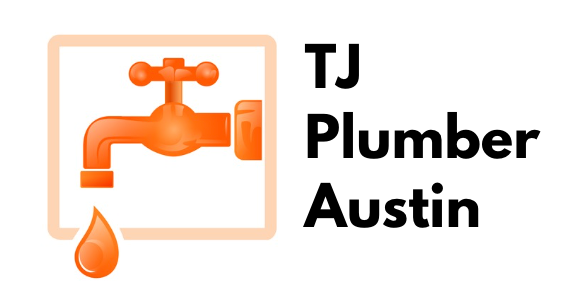Water Heater Replacement- Austin, TX
24 HOUR WATER HEATER REPLACEMENT
If you need a water heater replaced within 24 hours, you’ll likely want to contact a local plumber near me or HVAC (heating, ventilation, and air conditioning) service provider. Many plumbing company near me and HVAC companies offer emergency services for situations like this. When you call, be sure to explain the urgency of the situation and ask about their availability for a same-day or next-day replacement. Some companies specialize in quick replacements and may be able to accommodate your needs. Additionally, if your current water heater is leaking or causing other immediate issues, it’s important to turn off the water supply to prevent further damage until the water heater installation can be carried out.
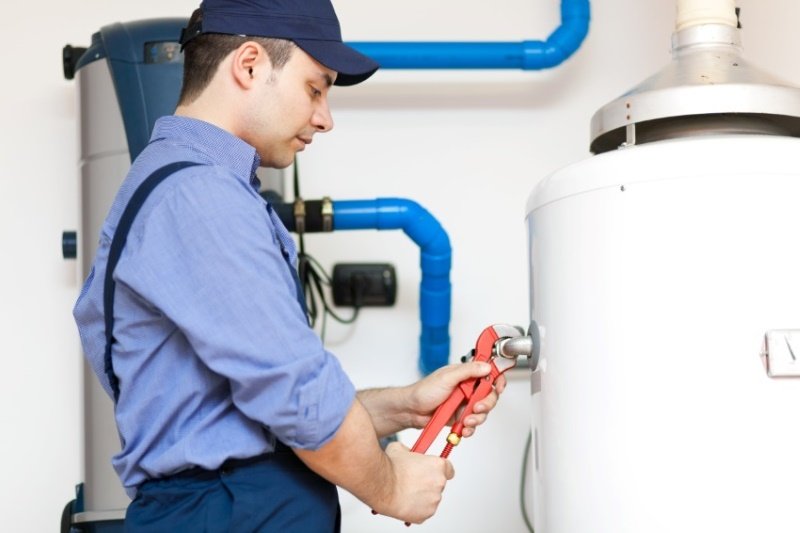
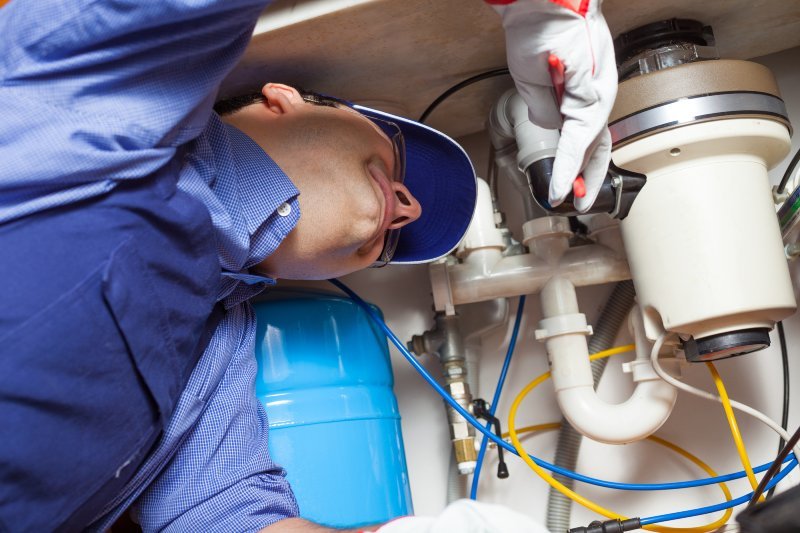
Call Now For A Free Estimate
HOW QUICKLY CAN A HOT WATER HEATER BE REPLACED?
The speed at which a hot water heater can be replaced depends on various factors including the availability of the replacement unit, the complexity of the installation, and the availability of the plumber or technician to perform the work. In emergency situations, some plumbing companies offer same-day or next-day water heater repair services.
However, the actual replacement process typically takes a few hours once the technician arrives on-site. This includes draining the old water heater, disconnecting it, installing the new unit, connecting it to the plumbing and electrical systems if required, and testing it to ensure it’s functioning properly.
If it’s a straightforward replacement with no complications, experienced professionals can often complete the job within a few hours. In urgent cases, some companies may even offer expedited services to ensure your hot water is restored as quickly as possible. It’s best to contact plumber in Austin or HVAC companies to inquire about their availability and estimated timeline for replacement based on your specific situation.
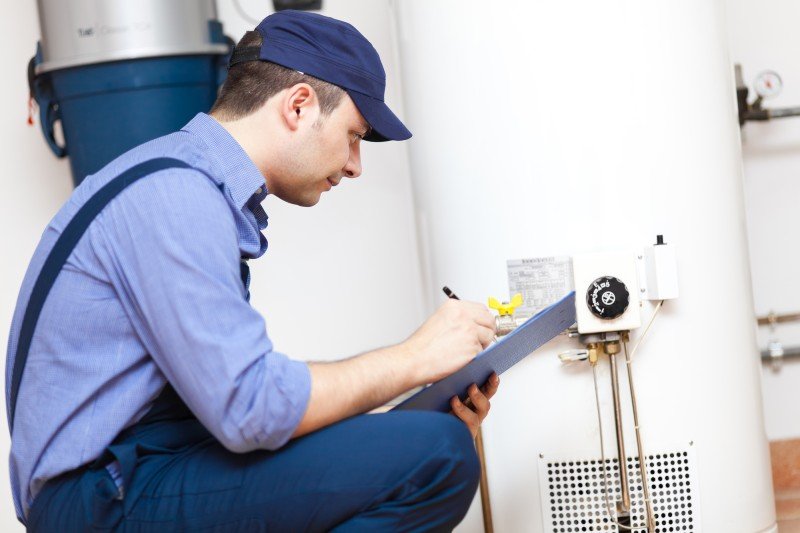
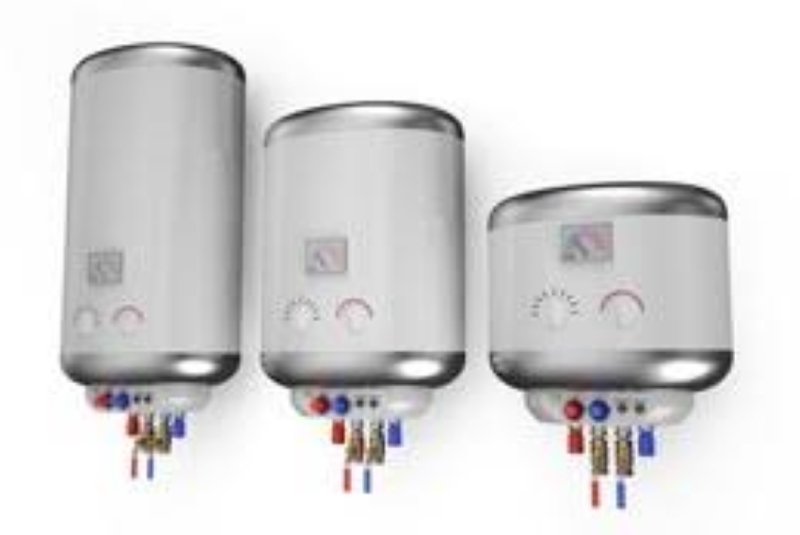
Call Now For A Free Consultation
IS IT EASY TO REPLACE A HOT WATER HEATER?
1. Turn off utilities: Shut off the electricity or gas supply to the water heater and turn off the water supply.
2. Drain the old water heater: Connect a garden hose to the drain valve at the bottom of the water heater and drain the tank completely.
3. Disconnect utilities: Disconnect the electrical wiring or gas line, as well as any plumbing connections to the water heater.
4. Remove the old water heater: Carefully remove the old water heater from its location, taking care not to damage surrounding structures or utilities.
5. Prepare the area: Clean the area where the new water heater will be installed and ensure it meets local building codes and regulations.
6. Install the new water heater: Position the new water heater in place and reconnect the utilities and plumbing connections. Ensure proper ventilation and safety measures are in place for gas water heaters.
7. Turn on utilities: Turn on the water supply and reestablish the electrical or gas connections.
8. Test the new water heater: Check for leaks and ensure the water heater is functioning properly before use.
While some homeowners may feel comfortable performing these tasks themselves, others may prefer to hire a professional plumber or HVAC technician to ensure the job is done correctly and safely. Additionally, if you’re replacing an older water heater with a newer model or switching between gas and electric, it may require additional skills and knowledge to complete the installation properly.
Got Questions? Call Now To Get Answers
FACTORS TO CONSIDER FOR WATER HEATER REPLACEMENT
1. Type of Water Heater: There are different types of water heaters available, including traditional tank-style heaters, tankless heaters, heat pump heaters, and solar water heaters. Each type has its own advantages and disadvantages in terms of cost, efficiency, and installation requirements.
2. Fuel Type: Water heaters can be powered by electricity, natural gas, propane, or solar energy. The availability and cost of different fuel types in your area can influence your decision.
3. Size and Capacity: The size and capacity of the water heater should be appropriate for your household’s hot water demands. Consider factors such as the number of people in your household, the number of bathrooms, and your peak hot water usage times.
4. Energy Efficiency: Look for water heaters with high energy efficiency ratings, such as Energy Star-certified models. Energy-efficient units can help reduce your utility bills and environmental impact over time.
5. Cost: Compare the upfront cost of the water heater with its long-term operating costs and potential energy savings. Additionally, consider any installation costs, including plumbing and electrical work if necessary.
6. Installation Requirements: Consider whether your home’s infrastructure is compatible with the chosen water heater type and if any modifications or upgrades are needed for installation.
7. Warranty: Check the warranty coverage offered by the manufacturer, including both the warranty period and what components are covered. A longer warranty period can provide peace of mind and protection against unexpected repair costs.
8. Local Climate and Water Quality: The climate and water quality in your area can affect the performance and lifespan of a water heater. For example, in areas with hard water, you may need to consider additional maintenance or invest in a water softener.
9. Space Constraints: Determine the available space for installing the water heater and choose a unit that fits within those constraints without compromising safety or accessibility.
10. Future Needs: Consider your future hot water needs, such as potential changes in household size or lifestyle, and choose a water heater that can accommodate those needs.
By carefully considering these factors and consulting with a qualified plumber or HVAC technician, you can select the right water heater for your home that meets your needs and budget.
TJ PLUMBER AUSTIN
3605 Thompson St, Austin, TX 78702
Hours of Operation
Mon Open 24 hours
Tue Open 24 hours
Wed Open 24 hours
Thu Open 24 hours
Fri Open 24 hours
Sat Open 24 hours
Sun Open 24 hours
